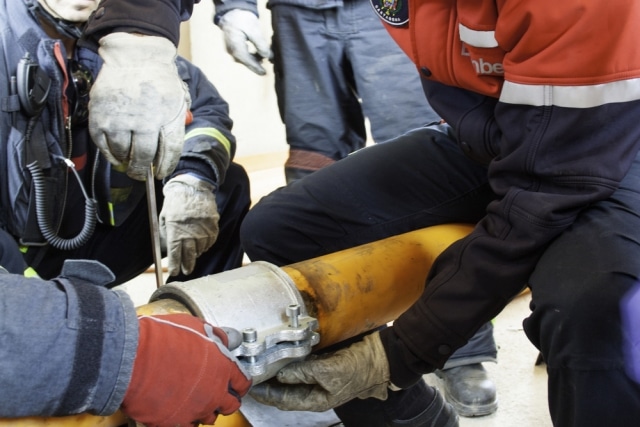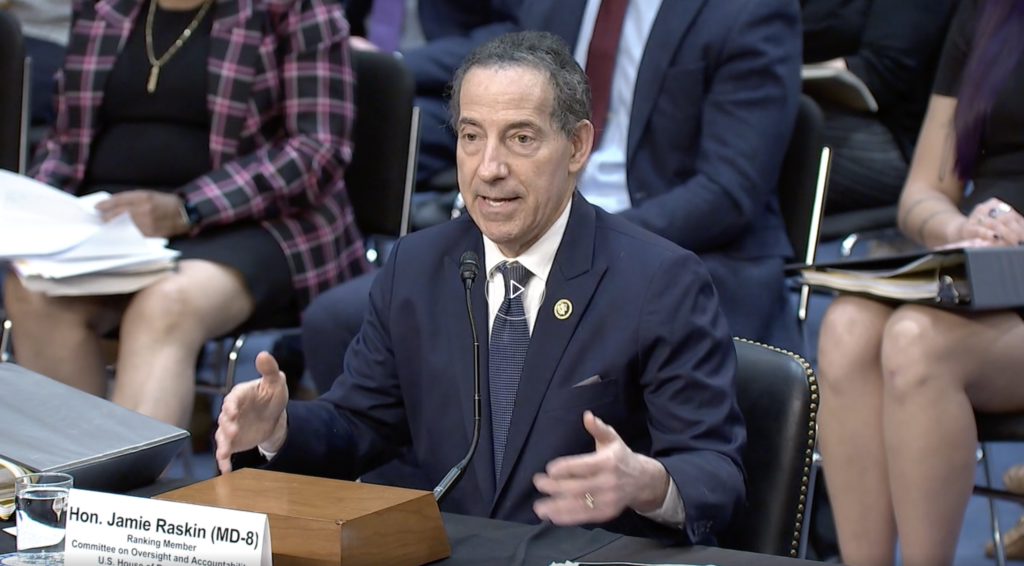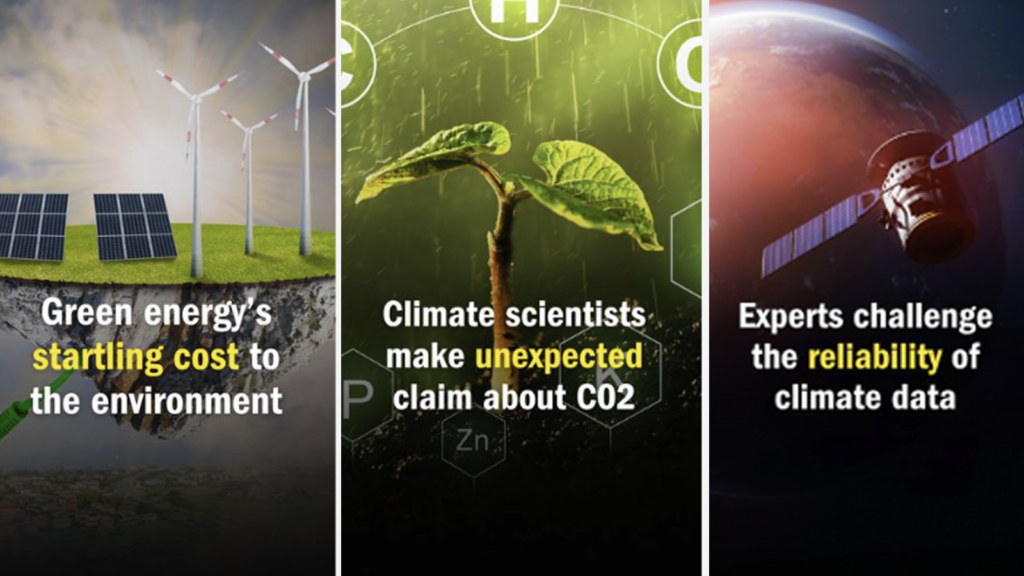On Tuesday, the White House released a report estimating that delaying action on climate change could cause $150 billion a year in damage to the U.S. economy.
“These costs are not one-time, but are rather incurred year after year because of the permanent damage caused by increased climate change resulting from the delay,” the assessment warned.
That same day, President Obama announced moves to help reduce greenhouse gasses. But some critics charge that the President’s actions have so far failed to be proportionate to the crisis the White House predicts.
As DeSmog reported, on Tuesday, the Environmental Protection Agency’s program on natural gas pipeline leaks came under fire from the EPA‘s own internal watchdog. The EPA inspector general lambasted the agency for setting up rules that rely heavily on voluntary leak repairs by pipeline companies while turning a blind eye to state policies that allow those companies to simply pass the price of leaking gas to consumers instead of making costly repairs.
The resulting leaks, the EPA audit concluded, cost consumers over $192 million and the resulting greenhouse gasses each year were equal to putting an addition 2.7 million cars on the road.
On the heels of that report, the Obama administration announced that it would adjust its methane pollution controls — but the measures they announced fell far short of what some experts argue is necessary to curtail methane’s climate hazards. The Department of Energy’s new measures include adjustments to its voluntary leak control program and add funding for research into ways to better curb leaks.
“While we applaud the commitments made by DOE, labor unions, utility groups, and other stakeholders,” Earthworks Policy Director Lauren Pagel told the Oil and Gas Journal, “voluntary measures and new research initiatives don’t adequately protect communities and the climate.”
In recent years, methane leaks — especially those from the nation’s ongoing shale drilling rush — have caught the attention of researchers because of the gas’s powerful climate-changing effects, which are at their strongest over a decade or two.
Because methane traps an enormous amount of heat relatively soon after it is released into the atmosphere — 86 times as much as the same amount of carbon dioxide, according to the UN‘s panel of climate change experts — the harm that it does is much more immediate than other greenhouse gasses. And leaks from the natural gas industry are a major source of methane emissions in the U.S.
“Reducing the oil and gas industry’s massive methane pollution could help provide the breathing room we need to avoid disastrous climate tipping points,” Shaye Wolf, climate science director at the Center for Biological Diversity, said. “The Obama administration has to start using accurate estimates of methane’s short-term climate effects. But our government also has to take swift action against this dangerously potent greenhouse gas.”
Obama’s stance on methane emissions, including the recent Department of Energy announcements, drew protests from some scientists. In a Tuesday letter to Energy Department officials including secretary Ernest Moniz, 21 prominent climate scientists, many of whom have published high-profile papers on methane leaks, called for stronger oversight of emissions from several industry industries, specifically focusing on the oil and gas industry, the agricultural sector, landfills and coal mining.
“[A]ggressive mitigation of methane emissions is essential if the near-term pace of climate change is to be slowed,” the letter warned. “Such a slowing is essential to increase the likelihood of avoiding climatic tipping points and to moderate the intensification of current climate impacts, including Arctic sea-ice loss (which has also been implicated in intensifying extreme weather anomalies), ice sheet melt, permafrost thawing, and declining seasonal snowpack.”
The scientists specifically focused on outdated figures used by federal agencies, calling on the Obama administration to reconsider the way it assesses methane’s role in climate change.
“EPA’s greenhouse gas inventory converts methane emissions to CO2 equivalents using a seriously outdated value,” the letter said. “Because of this shortcoming, the analysis of emissions and their effects in the Methane Strategy requires re-calculation using the best-available updated [global warming potential] values.”
Still some advocates say that the President’s recent moves might be a sign that minds are beginning to change in Washington D.C.
“These rules can be a first step down the road to limit dangerous methane pollution,” Ms. Pagel told the Oil and Gas Journal “and begin to truly shift our energy systems away from an ‘all-of-the-above’ strategy to one that throws the full weight of our resources behind renewable energy.”
Photo Credit: Fire performing practices plugging leaking methane gas, via Shutterstock.
Subscribe to our newsletter
Stay up to date with DeSmog news and alerts






